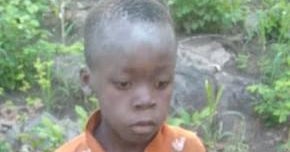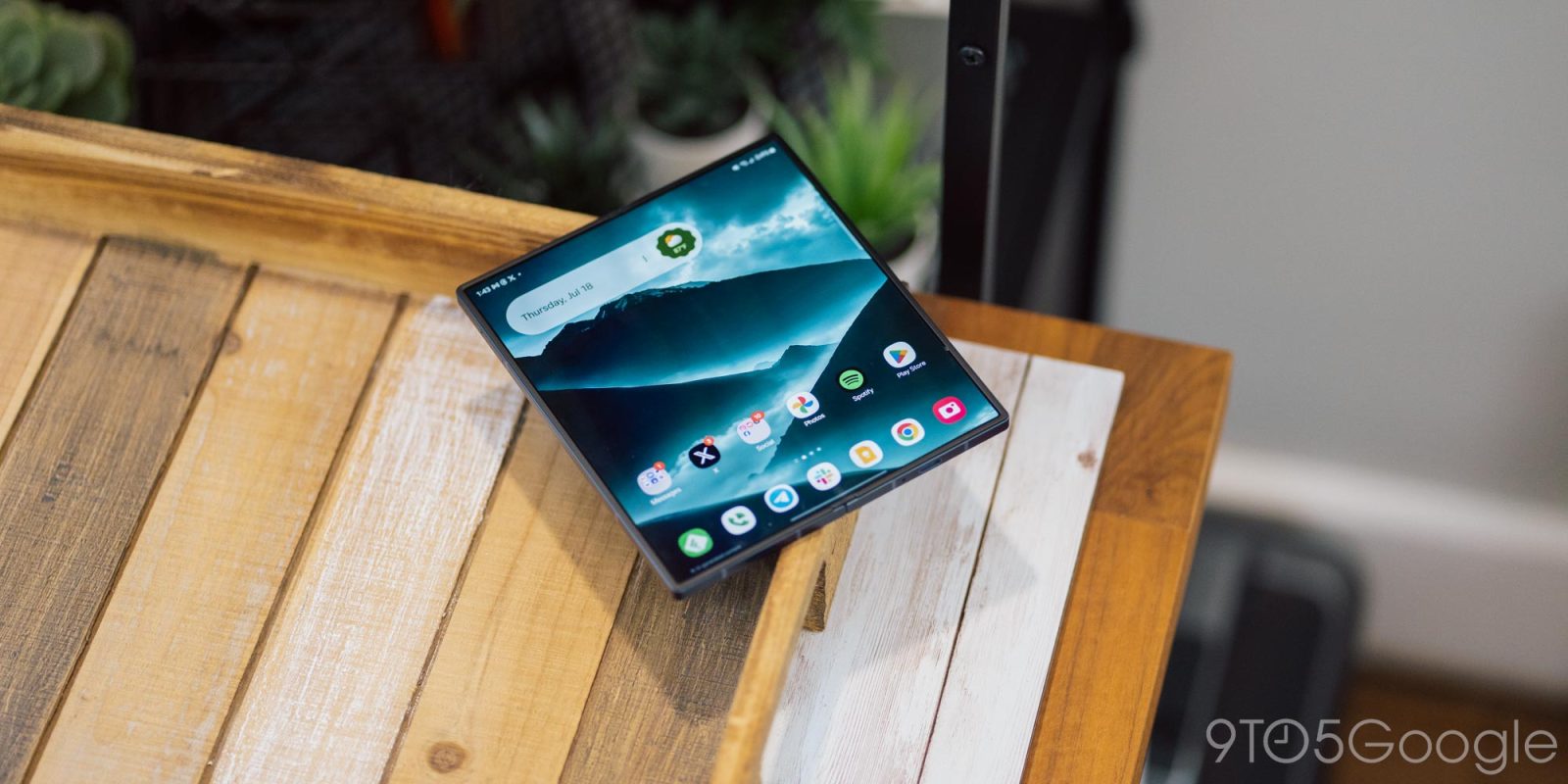40/29’S ABNER SOSA TALKED TO THE LEAD RESEARCHER TO LEARN MORE. ááABNERáá I TALKED TO DR. RACHEL PURVIS — SHE WAS ONE OF THE LEAD RESEARCHERS IN THIS STUDY. SHE TELLS ME — PARENTS NEED TO KNOW WHY THE VACCINE AT AN EARLY AGE IS SO IMPORTANT. ááPKGáá <> “I think it does offer some some areas for, you know, engagement, patient engagement, you know, taking that time with a parent and just kind of discussing their concerns a lot of times may be all they need to to make that choice to get their child vaccinated.” A SURVEY CONDUCTED BY UAMS FOUND THAT A SIGNIFICANT NUMBER OF PARENTS IN ARKANSAS ARE HESITANT TO VACCINATE THEIR CHILDREN AGAINST H-P- V. THEY SAY – IT’S BECAUSE THOSE PARENTS HAVE GOTTEN LIMITED OR INACCURATE INFORMATION ABOUT THE VACCINE. <> “one of the things that we have seen nationally just since the COVID pandemic is kind of a decline in traditional childhood immunizations and vaccinations. And a lot of this is related to parents concerns about vaccine, the vaccine side effects and long term effects.” I ASKED A PHYSICIAN ASSOCIATE ABOUT THE SIDE EFFECTS OF THE HPV VACCINE. <> “Some of the most common side effects that we see is going to be injection site reaction typically improves within a few days, can have some, you know, redness or some pain at that injection site. Other common reactions that we see is a little bit of headache, fatigue, nausea that typically resolves within 24 to 48 hours.” ááGFXáá THE CDC RECOMMENDS VACCINATED YOUR CHILD BETWEEN THE AGES OF 11 AND 12. THE FIRST DOSE SHOULD BE GIVEN THEN – AND THE SECOND DOSE SHOULD BE GIVEN 6 TO 12 MONTHS AFTER. <> “we typically start at this age because we want to protect before there’s any sexual intercourse, because that’s going to be your biggest risk for contacting and contracting HPV. // So we typically start, um, prior to that age. And that way women are protected and not at risk for cervical cancer.” ááABNERáá THE CDC ALSO SAYS PEOPLE WITH WEAKENED IMMUNE SYSTEMS MAY BE áLESS ABLE TO FIGHT OFF H-P- V INFECTIONS – AND MORE LIKELY TO DEVEL
Arkansas parents hesitant to vaccinate children against HPV, new study reveals

Updated: 5:34 PM CST Jan 31, 2024
A fresh study unveiled by the University of Arkansas for Medical Sciences shows a considerable number of Arkansas parents are reluctant to have their children vaccinated against human papillomavirus (HPV). According to Dr. Rachel Purvis, assistant professor at UAMS Northwest and one of the lead researchers, engaging with parents and discussing their concerns can often lead them to make the choice to get their child vaccinated. The study revealed that the hesitancy of parents is frequently due to receiving limited or inaccurate information about the vaccine. Whitney Oliver, a physician associate at Northwest Health, mentioned some of the common side effects of the HPV vaccine, including injection site reactions, headache, fatigue, and nausea, all of which typically resolve within a few days.
The CDC recommends vaccinating children against HPV between the ages of 11 and 12, with the first dose given then and the second dose given 6 to 12 months after. The aim is to protect before there’s any sexual intercourse, to prevent the risk of contracting HPV and developing cervical cancer. The CDC also notes that people with weakened immune systems may have difficulty fighting off HPV infections and may be more likely to develop further health issues.
Oliver also addressed some misconceptions about the HPV vaccine, emphasizing that there is no evidence linking it to infertility and the adverse events are rare, with the most common being injection site reactions. According to the CDC, vaccinating children against HPV prevents over 90% of such cancers, including cancers that can affect both women and men. HPV is responsible for 90% of all cervical cancers, 70% of vaginal cancers, and is also linked to anal cancers and genital warts.













